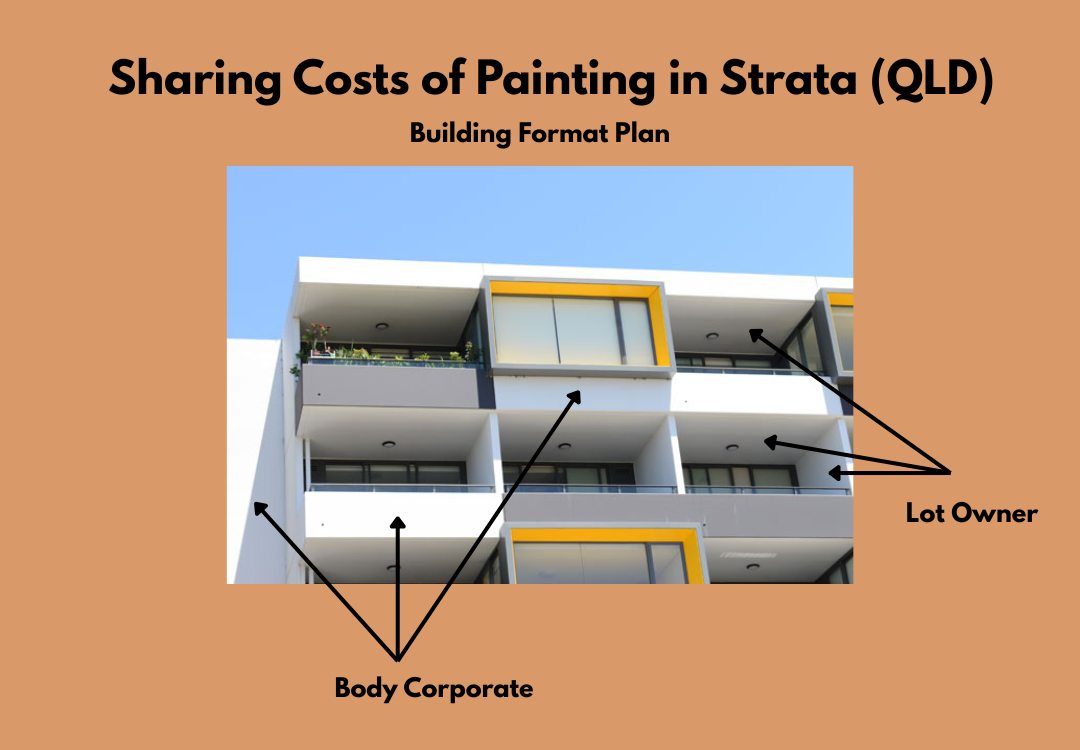Article
Repairs & Maintenance vs Capital Improvements
April 24, 2020
Author: Zac Gleeson
It’s imperative as an astute Property Investor and Landlord to understand the difference, from an Accounting perspective, between Repairs and Maintenance, and Capital Improvements. They are commonly mistaken for each other, as they are both legitimate tax deductions, but reflecting them incorrectly can create a big discrepancy in your tax return.
Repairs & Maintenance
Repairs is explained by the Australian Taxation Office (ATO) as generally involving the replacement or renewal of a worn out or broken part, or generally relating to the fair wear and tear or other damage that is a result of renting out your property. Examples being; replacing a broken window, maintaining plumbing fixtures and repairing electrical appliances.
Maintenance generally involves keeping the property in a tenantable condition, for example gardening, painting and patching up interior walls.
From an Accounting perspective, the amount of the Repairs and Maintenance expense can be deducted entirely in the financial year in which the expense occurred.
Capital Improvements
Capital Improvements or expenses of a capital nature include works such as:
- Replacement of an entire structure or unit of property (such as a complete fence or building, a stove, kitchen cupboards, refrigerator etc.)
- Improvements, renovations, extensions and alterations
- Initial repairs, for example, in remedying defects, damage or deterioration that existed at the date you acquired the property.
Capital improvements are treated as a capital works deduction and depreciated partially each year in accordance with its determined effective life. For example, a dishwasher has an effective life of 8 years so is depreciated at 12.5% per year. Unless such works were less than $300 they can be deducted immediately.
The best way to ensure you are claiming your expenses correctly, and also maximising your tax return, is to have a depreciation schedule completed by a registered and qualified Quantity Surveyor like those at GQS.


